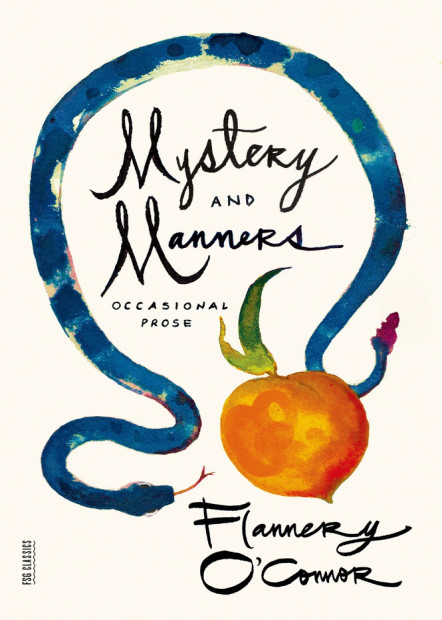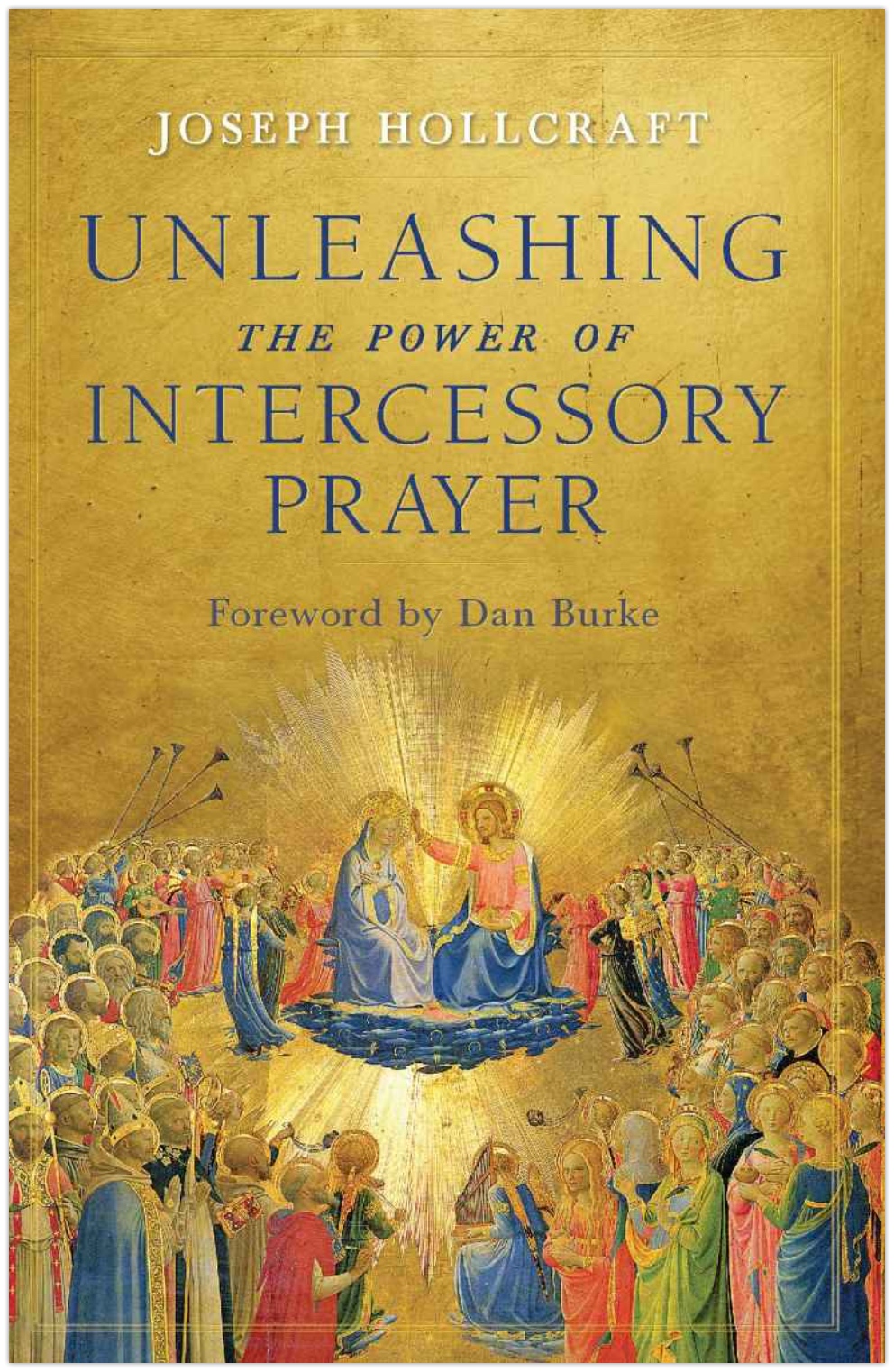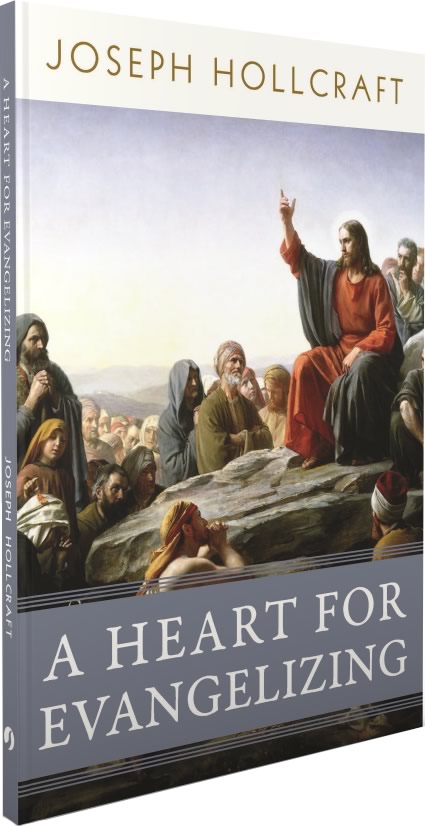I was overjoyed when Bishop Robert Barron announced on a recent Word on Fire podcast that he would be including Flannery O’Connor in the second volume of Catholicism: The Pivotal Players. For those not familiar with O’Connor or her work, she is well-known and lauded in literary circles as a Southern Gothic writer and is considered one of the most important female writers of the twentieth-century. O’Connor’s style is described as grotesque due to her reliance on bizarre, violent, and distorted characters and imagery. A first reading of one of her short stories or novels often leaves one feeling a bit bewildered or disrupted. Though her stories are unsettling, O’Connor’s style often appeals to Catholics feeling out of place in an increasingly secular world hostile to matters of faith and redemption.
I recently picked up O’Connor’s collection of prose and lectures, Mystery and Manners. As the title suggests, O’Connor centers her attention on the mysteries found in the material world and its people. The common thread woven throughout O’Connor’s collection of essays is an exhortation for writers to learn how to pay attention and refine their ability to see, a call that all Christians, writers or not, can take up. By seeing and portraying the world honestly, writers reveal the mysteries latent in our mundane earthly existence.
O’Connor’s writing theory involves lowering oneself down to the earth, to the sensual, to the grotesqueries of life. O’Connor warns that in artful, effective fiction, the material reality won’t be idealized or reduced to sentimentality, but rather will be as warped and mangled as humanity: “The truth is not distorted here, but rather, a certain distortion is used to get at the truth.” O’Connor’s often strange and violent stories exemplify her point, and in them sensible readers can perceive reflections of their own warped circumstances and recognize the shocking moments of grace that arrive and usher in the potential for salvation.
O’Connor challenges Catholic writers to provide their readers with sensual experiences that are believable, particularly if the story is about belief. O’Connor reiterates that spiritual truths in fiction cannot be presented in the abstract, but rather in the manners of the people and the substances of earth, matter, region, and circumstance. However, authentic portrayals of reality are by no means an exchange for spiritual truths—portraying our warped, perverted world realistically is not an approval of evil. Rather, an honest treatment of the material reveals the mystery, which inevitably and organically reveals truth.
As O’Connor puts it, “Fiction is about everything human and we are made out of dust, and if you scorn getting yourself dusty, then you shouldn’t try to write fiction. It isn’t a grand enough job for you.” The way and perspective O’Connor challenges writers to adopt is like the way and perspective the modern Christian is called to in Scripture. Jesus often reminded his followers of the poor, the naked, the sick, and the guilty (cf. Mt 25:34-46). He embraced a little child to teach his disciples to humble themselves to be great (cf. Mt 18:1-5). He anticipated his greatest act as the Sacrificial Lamb by lowering down to the disposition of a slave to wash the dust and grime from his followers’ feet (cf. Jn 13:4-8). Jesus even used violent imagery in his proclamation of the Gospel, suggesting that one cut his hand off or tear his eye out lest the sinful part infect the whole body with sin (cf. Mk 9:43-47). Jesus speaks metaphorically, of course, but the implication that it is better to be deformed and saved than whole and impure is one O’Connor affirms in her own writing.
Mystery and Manners provides a peek through the glasses of O’Connor and illuminates her perspective on the truth inherent in distortion. This collection is no random assortment of essays on writing or Catholicism, but rather it coalesces together to form a treatise on the modern Catholic perspective.
By Jacqueline Hollcraft
https://www.amazon.com/Mystery-Manners-Occasional-Prose-Classics/dp/0374...


